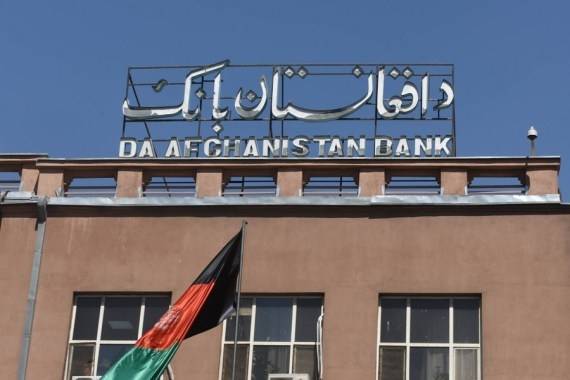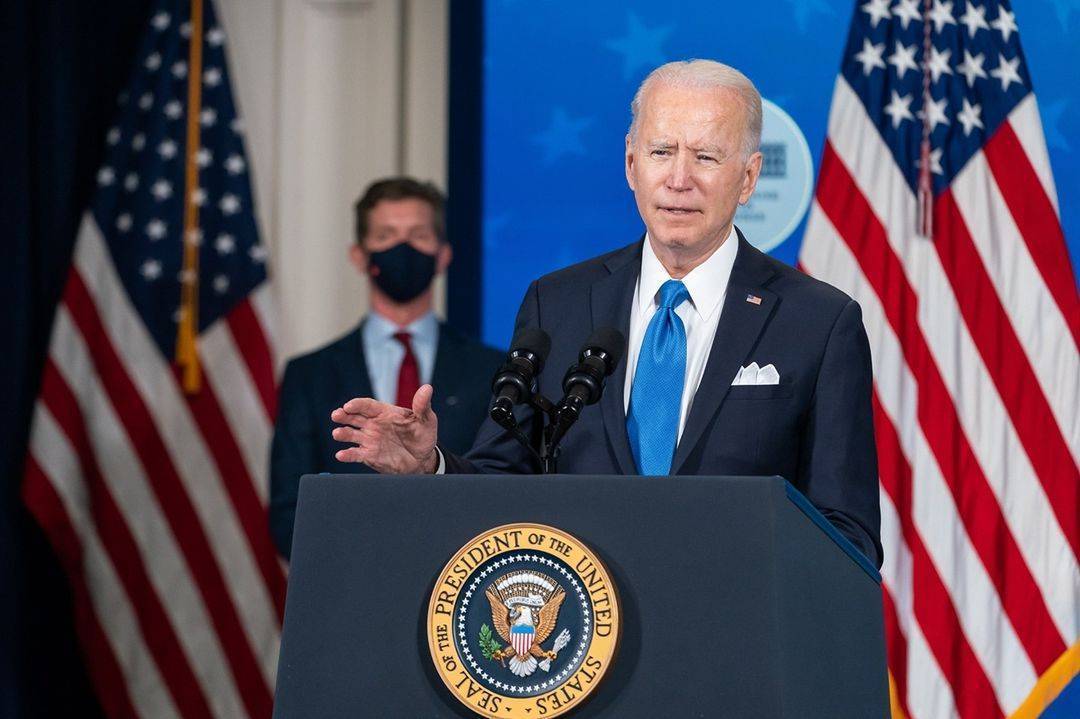Joe Biden signed an Executive Order allowing some of the frozen assets from the Afghan central bank to be distributed as assistance and to victims of the September 11, 2001 terror attacks…reports Asian Lite News
The Afghan central bank on Sunday called for the reversal of the US government’s decision to split the frozen assets of the war-torn nation.
On Friday, US President Joe Biden signed an Executive Order allowing some of the frozen assets from the war-torn nation’s central bank to be distributed as assistance and to victims of the September 11, 2001 terror attacks, according to a White House statement.
According to the White House, while “the administration will seek to facilitate access to $3.5 billion of those assets for the benefit of the Afghan people”, “more than $3.5 billion in DAB assets would remain in the US and are subject to ongoing litigation by American victims of terrorism”.
In its statement on Sunday, the Da Afghanistan Bank (DAB) said that it considers the US’ move on “blocking Foreign Exchange (FX) Reserves and allocating them to irrelevant purposes, injustice to the people of Afghanistan and will never accept if the FX reserves of Afghanistan is paid under the name of compensation or humanitarian assistance to others and wants the reversal of the decision and release of all FX reserves of Afghanistan”, reports Xinhua news agency.

“As per the law and relevant regulations, FX reserves of Afghanistan are used to implement monetary policy, facilitate international trade and stabilize financial sector.”
The real owners of these reserves are people of Afghanistan. These reserves were not the property of governments, parties and groups and is never used as per their demand and decisions, the bank’s statement added.
When Kabul fell to the Taliban in August 2021, Afghanistan had over $9 billion in reserves held in the name of DAB outside of the country.
This included $7 billion in reserves held in the US, with the rest of the reserves largely being in Germany, the UAE, Switzerland, and a couple of other states.

